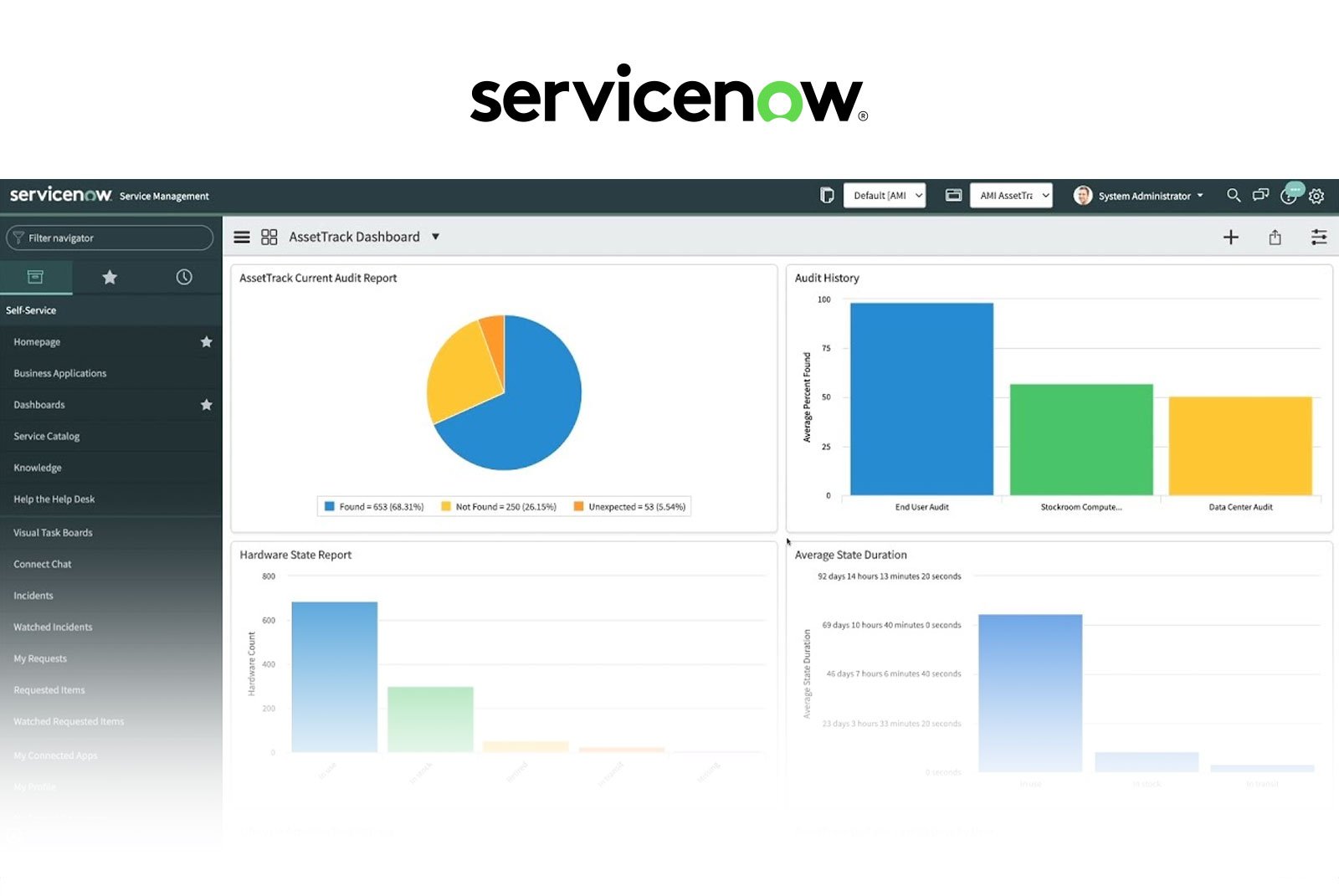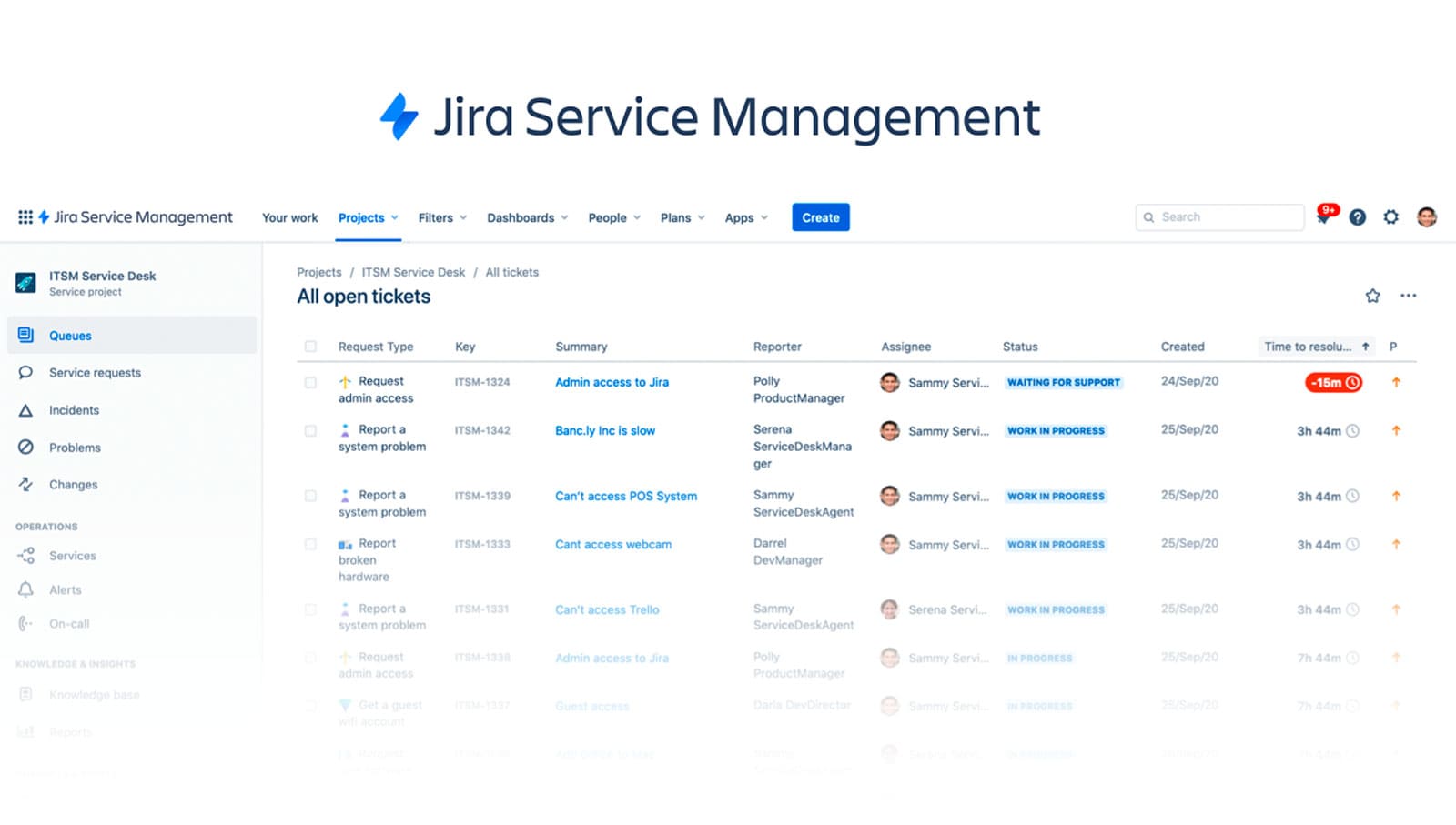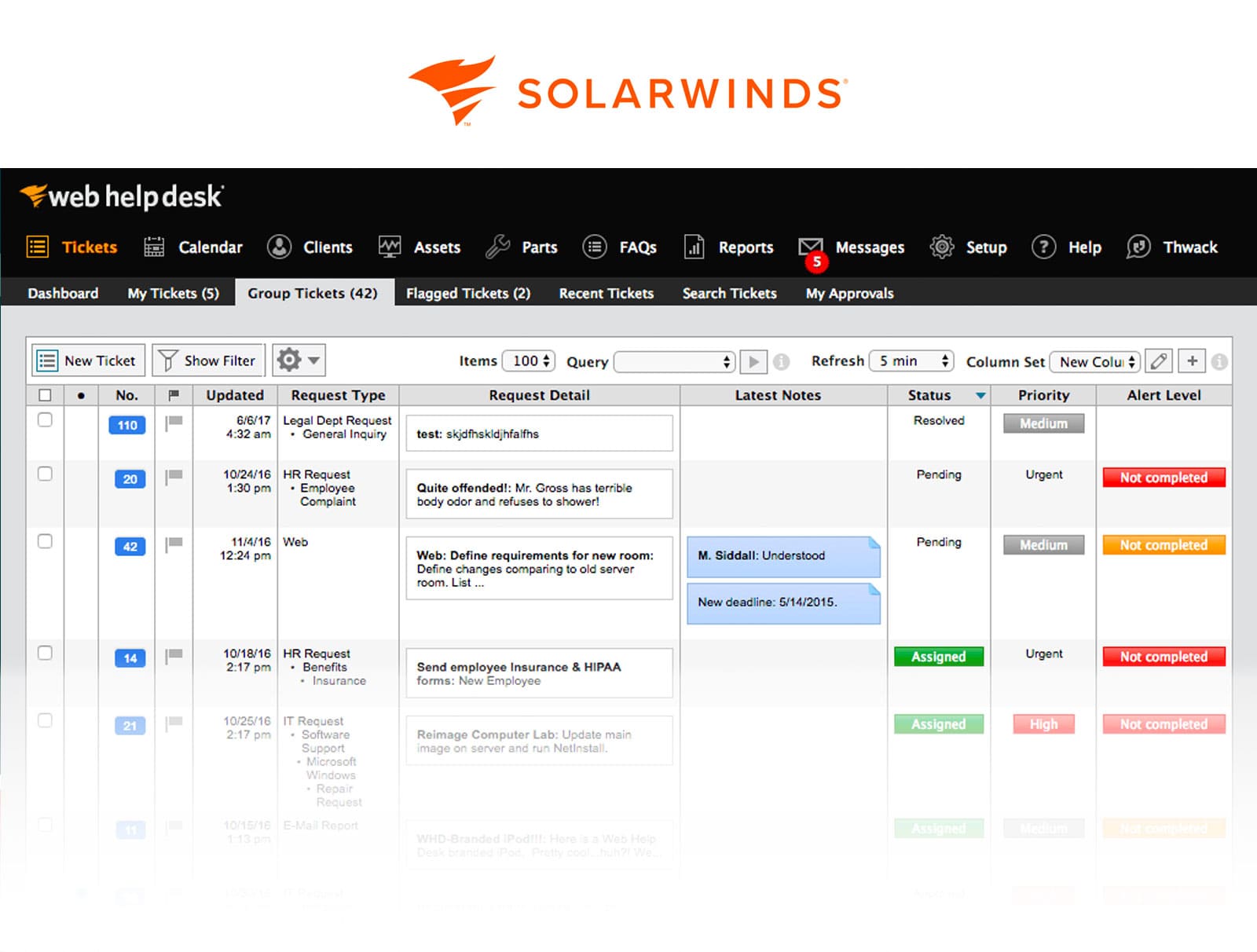Have you ever wondered who ensures that your IT services run smoothly, even when everything seems to be going wrong? That’s the job of an incident manager. When critical systems fail or disruptions occur, the incident manager steps in to coordinate a swift and effective response, minimizing the impact on your business. But what exactly does this role do, and why is their role so essential?
In this article, we'll dive deep into the world of incident managers. We’ll explore their roles and responsibilities, the skills and IT certifications they need, the tools they use, and the metrics that measure their performance. Whether you're considering a career in Incident Management or just curious about what it takes to keep IT services running smoothly, this guide has got you covered.
So, if you're ready to uncover the secrets behind Incident Management success, keep reading to learn more about the vital role of an incident manager and how they contribute to the resilience and reliability of IT services.

What is an incident manager?
An incident manager is a critical role within IT Service Management (ITSM) that ensures the smooth resolution of incidents, minimizing the impact on business operations. Acting as the primary point of contact during an incident, the incident manager oversees the process from start to finish, ensuring that disruptions are resolved promptly.
Their role is essential in maintaining service quality and ensuring that business processes are not hindered by technical issues.
Incident managers are not only responsible for managing incidents as they occur but also for developing and refining the processes and protocols that the organization follows during these events. They work closely with other IT professionals, stakeholders, and external vendors to ensure that all incidents are handled efficiently and effectively. This coordination is crucial for maintaining a seamless IT environment, which in turn supports overall business continuity.
The incident manager's role is both reactive and proactive. While they must be quick to respond when an incident arises, they are also tasked with identifying potential issues before they escalate into major incidents. This dual focus on prevention and resolution makes the role of an incident manager pivotal in any organization's IT strategy.

What does an incident manager do?
Incident managers are the unsung heroes of the IT world, tasked with ensuring that IT services run smoothly and efficiently. Their primary job is to manage incidents, which are unplanned interruptions or reductions in the quality of IT services. But their role goes beyond just putting out fires; they are also responsible for preventing them in the first place.
By managing the incident lifecycle, Incident Managers ensure that disruptions are resolved as quickly as possible, minimizing the impact on business operations. They can also work in tandem with other IT teams to identify the root causes of incidents and implement strategies to prevent their recurrence. This proactive approach helps in maintaining a stable IT environment, which is essential for business continuity.

Primary responsibility
The primary responsibility of an incident manager is to manage the lifecycle of incidents from identification to resolution. This involves coordinating with various IT teams, tracking the progress of incident resolution, and ensuring that all incidents are documented and analyzed. The goal is to restore normal service operation as quickly as possible while minimizing the impact on the business.
An incident manager also plays a key role in communication during an incident. They are responsible for keeping all stakeholders informed about the status of the incident, the steps being taken to resolve it, and any potential impact on the business. This communication is crucial for managing expectations and ensuring that everyone involved is on the same page.
Secondary responsibilities
In addition to their primary responsibility of Incident Management, incident managers have several secondary responsibilities that are equally important. One of these is process improvement. Incident managers are often involved in reviewing and refining the Incident Management process to ensure that it is as efficient and effective as possible. This might involve implementing new tools or technologies, updating procedures, or providing training to other IT staff.
Another secondary responsibility is reporting and analysis. Incident managers are responsible for generating reports on incident trends, root causes, and resolution times. These reports are used to identify areas for improvement and to develop strategies for preventing future incidents. By analyzing this data, incident managers can help their organization continuously improve its Incident Management process.
Incident manager set of skills
An incident manager needs a diverse set of hard and soft skills to handle the complexities of their role. They must be able to think on their feet, communicate effectively, and have a deep understanding of the IT landscape. These skills enable them to manage incidents efficiently, coordinate with different teams, and keep stakeholders informed.
The skills required for an incident manager can be divided into core and advanced skills. Core skills are essential for day-to-day Incident Management, while advanced skills help incident managers excel in their roles and drive continuous improvement in the Incident Management process.
Core skills
- Communication: The ability to clearly and effectively communicate with both technical teams and non-technical stakeholders is crucial. Incident managers must ensure that everyone involved in an incident is on the same page.
- Problem-solving: Incident managers need to be able to quickly identify the root cause of an incident and develop a strategy for resolving it. This requires strong analytical and critical thinking skills.
- Time management: With multiple incidents potentially occurring at once, incident managers must be able to prioritize tasks and manage their time effectively to ensure that all incidents are resolved promptly.
- Team coordination: Incident managers work with various IT teams, and they must be able to coordinate these teams to ensure a swift resolution of incidents.
Advanced skills
- Process improvement: An advanced skill for an Incident Manager is the ability to continuously improve the incident management process. This involves analyzing incident data, identifying trends, and implementing changes to prevent future incidents.
- Leadership: Incident Managers often lead incident response teams, and strong leadership skills are essential for guiding these teams through the incident resolution process.
- Technical expertise: A deep understanding of the organization’s IT infrastructure and systems is crucial for effective incident management. Incident Managers with advanced technical skills can more accurately identify the causes of incidents and work with technical teams to resolve them.
- Crisis management: Incidents can escalate into crises, and Incident Managers need to be skilled in crisis management to handle high-pressure situations effectively and ensure that the business continues to operate smoothly.
Unlocking Career Progression
Discover the strategies to lifelong learning and evolvement in IT
Download for free
Incident manager required certifications
To excel as an incident manager, certain certifications can provide a significant advantage. These certifications validate the knowledge and skills required to manage incidents effectively and are often sought after by employers.
ITIL Certifications
ITIL certifications are one of the most recognized certifications for incident managers. ITIL provides a comprehensive framework for IT Service Management, including Incident Management processes. An ITIL certification demonstrates an understanding of best practices in managing incidents and other IT services.
Certified Information Systems Security Professional (CISSP)
CISSP is a globally recognized certification in the field of information security. For incident managers, especially those dealing with security-related incidents, having a CISSP certification can be highly beneficial. It demonstrates a strong understanding of security protocols and the ability to manage security incidents effectively.
Certified Incident Handler (ECIH)
The EC-Council Certified Incident Handler (ECIH) certification is specifically designed for those who handle and manage incidents. It covers the entire Incident Management lifecycle, from detection and response to recovery and reporting. This certification is ideal for Incident Managers who want to specialize in incident handling and response.
Incident manager average salary
Incident managers are well-compensated for their crucial role in maintaining the smooth operation of IT services. According to recent data, the average salary for an incident manager in the United States is around $90,000 per year, though this can vary based on factors such as location, experience, and the size of the organization.
For instance, in major tech hubs like San Francisco or New York, incident managers can earn significantly higher salaries, often exceeding $120,000 per year. On the other hand, in smaller markets, the salary might be closer to $70,000. The demand for skilled incident managers remains high, reflecting the critical nature of their role in modern IT environments .
Incident manager tools
Incident managers rely on a variety of tools to carry out their responsibilities effectively. Incident Management software help in tracking incidents, communicating with teams, and analyzing data to improve the incident management process.
InvGate Service Management
 InvGate Service Management is a comprehensive IT Service Management tool that provides incident managers with everything they need to manage incidents effectively. It offers a user-friendly interface, powerful reporting and dashboards tools, and seamless integration with other ITSM processes.
InvGate Service Management is a comprehensive IT Service Management tool that provides incident managers with everything they need to manage incidents effectively. It offers a user-friendly interface, powerful reporting and dashboards tools, and seamless integration with other ITSM processes.
With InvGate Service Management, incident managers can track incidents from start to finish, ensuring that nothing falls through the cracks. The tool also includes features like automated workflows (with its powerful no-code workflow builder!), customizable dashboards, detailed analytics, and a full set of integration capabilities, making it easier for Incident Managers to stay on top of their tasks and continuously improve the incident management process.
Don’t forget that you can start exploring its capabilities and features right now with our 30-day free trial!
ServiceNow
 ServiceNow is another popular tool used by Incident Managers. It provides a wide range of IT service management features, including incident tracking, problem management, and change management. ServiceNow is highly customizable, allowing Incident Managers to tailor the platform to their organization's specific needs.
ServiceNow is another popular tool used by Incident Managers. It provides a wide range of IT service management features, including incident tracking, problem management, and change management. ServiceNow is highly customizable, allowing Incident Managers to tailor the platform to their organization's specific needs.
JIRA Service Management
 JIRA Service Management is known for its robust incident tracking capabilities. It allows incident managers to log incidents, track their progress, and collaborate with other teams to resolve issues quickly. JIRA's integration with other Atlassian tools also makes it a popular choice for organizations that use the Atlassian suite of products.
JIRA Service Management is known for its robust incident tracking capabilities. It allows incident managers to log incidents, track their progress, and collaborate with other teams to resolve issues quickly. JIRA's integration with other Atlassian tools also makes it a popular choice for organizations that use the Atlassian suite of products.
Although, if your organization uses Jira for software development or project tracking but not as its service desk solution, then the InvGate Service Management and Jira integration allows you to add a help desk to your Project Management and software development tools in just a few clicks.
SolarWinds Service Desk
 SolarWinds Service Desk is a cloud-based IT Service Management tool that offers a range of features for incident managers. It includes incident tracking, Service Catalog Management, and automated workflows, making it easier for Incident Managers to manage the entire incident lifecycle.
SolarWinds Service Desk is a cloud-based IT Service Management tool that offers a range of features for incident managers. It includes incident tracking, Service Catalog Management, and automated workflows, making it easier for Incident Managers to manage the entire incident lifecycle.

Key metrics to measure an incident manager’s performance
Measuring the performance of an incident manager is crucial for ensuring that incidents are handled effectively and that the Incident Management process is continuously improving. Key Performance Indicators (KPIs) provide a way to evaluate the efficiency and effectiveness of an incident manager's work.
1. Mean Time to Resolve (MTTR)
Mean Time to Resolve (MTTR) is a critical metric that measures the average time it takes to resolve an incident. A lower MTTR indicates that incidents are being resolved quickly, minimizing the impact on business operations.
2. Number of Incidents Resolved
This metric tracks the total number of incidents resolved by the incident manager over a specific period. It provides insight into the workload of the incident manager and their ability to handle multiple incidents efficiently.
3. Customer Satisfaction (CSAT)
Customer Satisfaction Score (CSAT) is an important metric for evaluating the effectiveness of the incident management process. High CSAT scores indicate that stakeholders are satisfied with how incidents are being managed and resolved.
4. First Contact Resolution (FCR)
First Contact Resolution (FCR) measures the percentage of incidents that are resolved during the first interaction with the incident management team, without the need for escalation. A higher FCR indicates that the incident manager and their team are effectively resolving issues promptly, which reduces the time and resources needed to handle incidents.
To sum up
Incident managers play a vital role in ensuring that IT services remain reliable and efficient. They are responsible for managing the entire lifecycle of incidents, from detection to resolution, while also working to prevent future incidents. Their expertise in communication, problem-solving, and leadership makes them indispensable to any organization’s IT operations.
With the right set of skills, certifications, and tools, incident managers can significantly reduce the impact of incidents on business operations. They must stay proactive, continually improving Incident Management processes and staying up to date with the latest best practices in the industry. By doing so, they help ensure that IT services support the organization’s overall goals, maintaining productivity and customer satisfaction.
For those interested in pursuing a career as an incident manager, the role offers a rewarding opportunity to make a real impact on an organization's success. With a solid foundation of technical skills, strong leadership abilities, and the right certifications, you can excel in this challenging and dynamic field.
Frequently Asked Questions (FAQs)
1. What qualifications are required to become an incident manager?
To become an incident manager, you typically need a combination of experience in IT, strong problem-solving skills, and relevant certifications like ITIL or CISSP. A degree in a related field can also be beneficial.
2. What are the primary responsibilities of an incident manager?
The primary responsibilities of an incident manager include managing the incident lifecycle, coordinating with IT teams, communicating with stakeholders, and ensuring that incidents are resolved quickly to minimize business disruption.
3. How much does an incident manager earn?
The average salary for an incident manager in the United States is around $90,000 per year, though this can vary based on location, experience, and the size of the organization.
4. What tools do incident managers use?
Incident Managers use various tools to manage incidents effectively, including InvGate Service Management, ServiceNow, JIRA Service Management, and SolarWinds Service Desk. These tools help in tracking incidents, automating workflows, and analyzing data.
5. What are the key skills needed to be a successful incident manager?
Key skills for an incident manager include communication, problem-solving, time management, team coordination, process improvement, leadership, and technical expertise.














.jpg?upsize=true&upscale=true&width=780&height=205&name=how-to-create-a-service-level-agreement%20(1).jpg)
